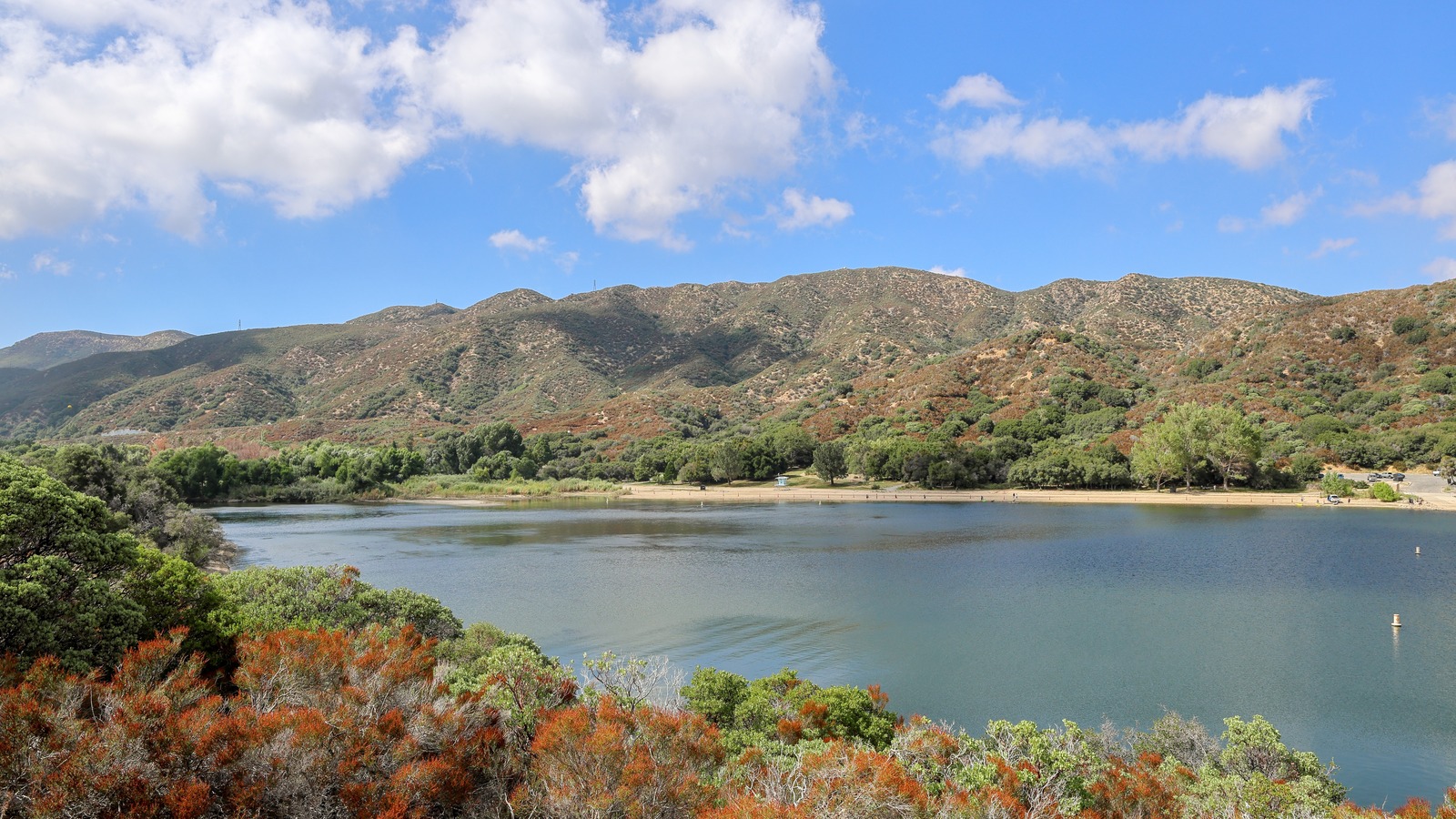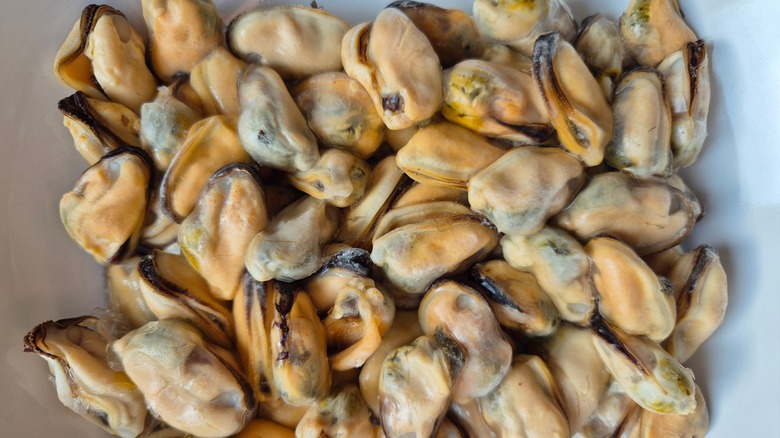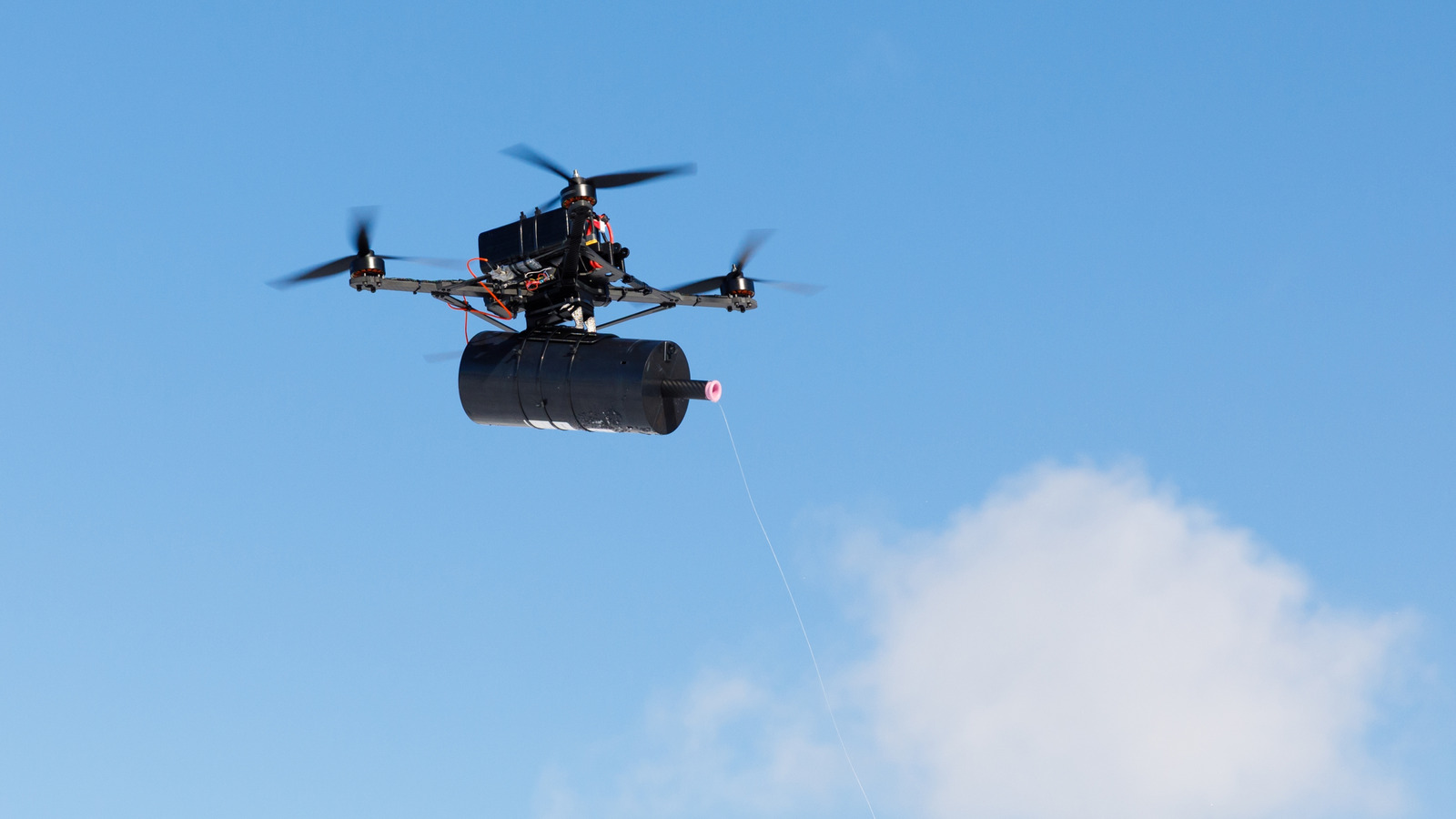Though sea stars have been mysteriously dying for over a decade, Southern California’s lake environments are confronting a different mounting ecological crisis: The golden mussel (Limnoperna fortunei) has been confirmed at both Silverwood Lake in San Bernardino County and Pyramid Lake in Los Angeles County, both part of the State Water Project Infrastructure. These reservoirs are now the southernmost infested water bodies in that system. What makes this discovery particularly alarming is how quickly the species has moved, originally from the Port of Stockton in the Sacramento-San Joaquin Delta, to waters over 250 miles to the south, in less than a year.
Golden mussels are specialists in rapid reproduction, robust attachment, and opportunistic colonization. Native originally to Asia, they thrive in freshwater ecosystems (currently threatened by rising sea levels), and they’re known for clogging water intake pipes, damaging water infrastructure, and outcompeting native aquatic species. Their arrival in these lakes escalates risk not just to the overall ecosystem balance, but also to human-built systems, including canals, reservoirs, and pipelines.
Challenges containing the spread
Earth’s global water systems are already worryingly off balance, but California’s water systems are facing even more complications thanks to the golden mussel. One of the most troubling aspects is that, as of now, no effective method exists to eradicate golden mussels once they’re established in a body of water. Because of this, the focus has shifted heavily towards prevention, containment, and early detection. Strategies include inspecting boats before they enter or exit infested lakes, enforcing protocols that ensure vehicles are fully clean and dry, and advisory measures designed to reduce further spread.
Moreover, state agencies are crafting their own response plans. The Department of Fish and Wildlife released a plan early in 2025 alongside efforts by the Department of Water Resources to study how to protect water infrastructure – so important in California’s Southland — from damage. Additionally, the Silverwood Lake parks service has adopted outbound boat inspections, and Pyramid Lake parks service already had inspection regimes due to the earlier presence of mussel species.
Still, the mussel’s ability to hitch rides unseen, on boat hulls, in bilge water, or within gear, means that human behavior plays a large role in whether containment efforts succeed. And with water being transferred from lake to lake, part of California’s attempt to balance the water levels across the entire state, the potential for spread remains significant.











